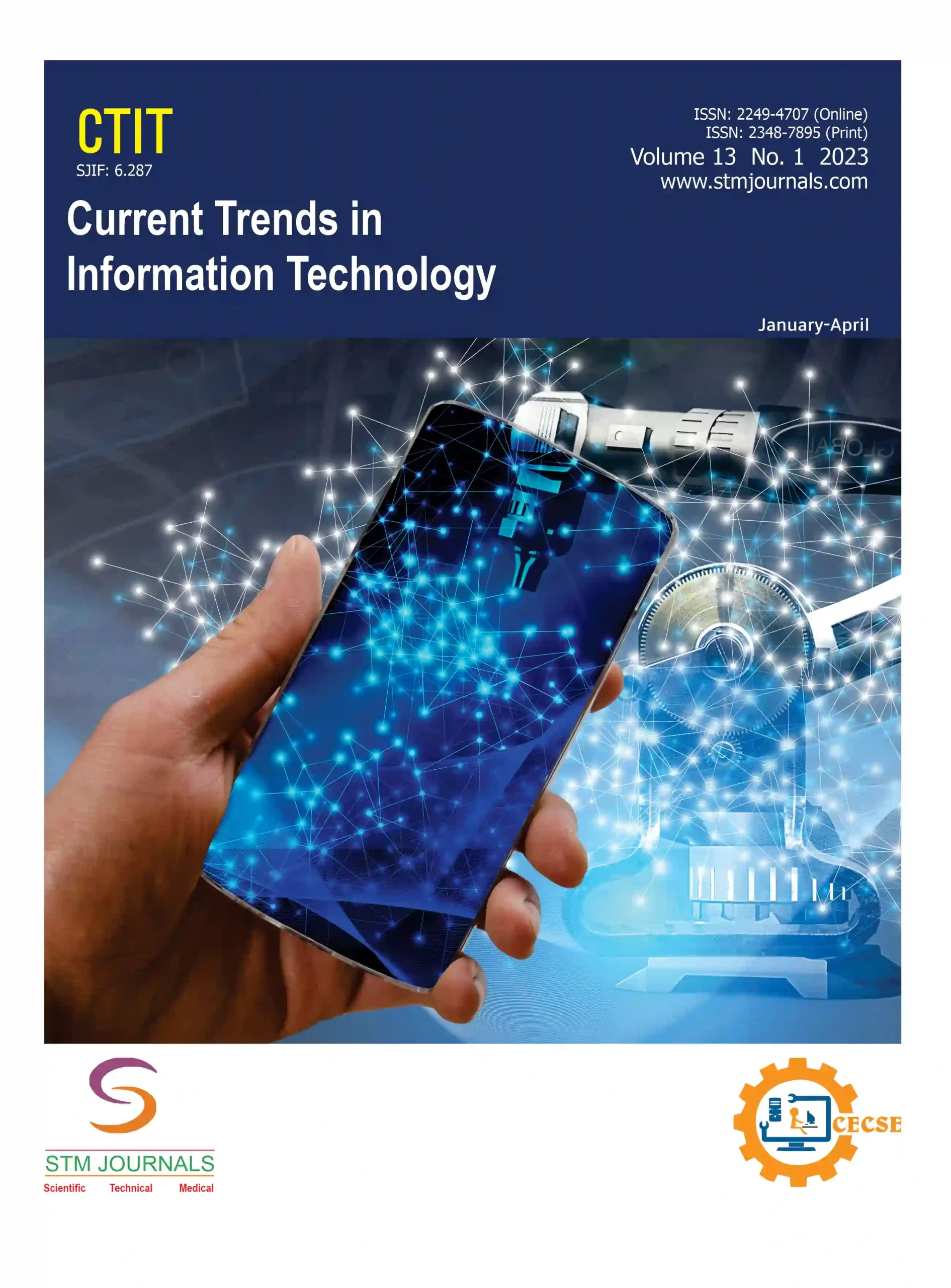
Anush Peramaiyan G.,

Antony Xavier Bronson F.,

Soniya Priyatharshini G.,

Geetha S.,
- Student Department of CSE, Dr. M. G. R Educational and Research Institute Tamil Nadu India
- Associate Professor Department of CSE, Dr. M. G. R Educational and Research Institute Tamil Nadu India
- Associate Professor Department of CSE, Dr. M. G. R Educational and Research Institute Tamil Nadu India
- Professor Department Of CSE, Dr. M. G. R Educational And Research Institute Tamil Nadu India
Abstract
Governments and public sector entities worldwide are actively seeking innovative strategies to adapt to rapid technological progress, aiming to enhance governance effectiveness, streamline work processes, and optimize expenditure. Blockchain technology stands out as a prime example, captivating the interest of governments globally in recent years. Its ability to offer heightened security, enhanced traceability, and cost-efficient infrastructure positions blockchain as a versatile solution applicable across diverse sectors. Typically, governments engage third-party organizations through tender processes for various projects. However, these processes are often marred by competitors attempting to gain unfair advantages by eavesdropping on tender values, while corrupt officials may solicit bribes to favor specific parties. In response, we propose a robust and transparent framework for government tenders leveraging blockchain technology. By utilizing blockchain as a secure and immutable data structure, susceptible government records are safeguarded against tampering. This initiative aims to establish a transparent and secure edge computing infrastructure for tender workflows, minimizing the need for extensive human oversight. Blockchain techniques are employed within various security service models, serving as a backend database with a distributed ledger maintained using the SHA 256 Algorithm. Users from different departments can register and submit quotations, with administrators responsible for evaluating responses and ensuring adherence to experience and process management standards for comprehensive auditing.
Keywords: Smart Contract, Distributed System, Decentralized, Edge Computing, Proof-of-Work, Block chain, Ethereum
[This article belongs to Current Trends in Information Technology(ctit)]
References
- Dubey S, Singh P, Verma RK, Kamboj D. Government Tender Allocation Using Blockchain Technology. In2023 International Conference on IoT, Communication and Automation Technology (ICICAT) 2023 Jun 23 (pp. 1-6). IEEE.
- Fathima KM, Dhanush R. Block Chain based Government Tender Allocation in Cloud. In2022 8th International Conference on Advanced Computing and Communication Systems (ICACCS) 2022 Mar 25 (Vol. 1, pp. 1376-1380). IEEE.
- Hassija V, Chamola V, Krishna DN, Kumar N, Guizani M. A blockchain and edge-computing-based secure framework for government tender allocation. IEEE Internet of Things Journal. 2020 Sep 28;8(4):2409-18.
- Abou Jaoude J, Saade RG. Blockchain applications–usage in different domains. IEEE Access. 2019 Mar 1;7:45360-81.
- Hou H. The application of blockchain technology in E-government in China. In2017 26th international conference on computer communication and networks (ICCCN) 2017 Jul 31 (pp. 1-4). IEEE.
- Ølnes S, Jansen A. Blockchain technology as s support infrastructure in e-government. InElectronic Government: 16th IFIP WG 8.5 International Conference, EGOV 2017, St. Petersburg, Russia, September 4-7, 2017, Proceedings 16 2017 (pp. 215-227). Springer International Publishing.
- Dello A, Yoshida C. Online tendering and evaluation for public procurement in Tanzania. In2017 18th IEEE/ACIS International Conference on Software Engineering, Artificial Intelligence, Networking and Parallel/Distributed Computing (SNPD) 2017 Jun 26 (pp. 137-141). IEEE.
- Hui Z, Yang J. Research on application of e-tender in China. In2011 International Conference on Internet Technology and Applications 2011 Aug 16 (pp. 1-3). IEEE.
- Fukui H, Kobayashi K. Optimal comprehensive tendering models for project procurement. In2010 IEEE International Conference on Systems, Man and Cybernetics 2010 Oct 10 (pp. 3258-3264). IEEE.
- Dunphy P, Petitcolas FA. A first look at identity management schemes on the blockchain. IEEE security & privacy. 2018 Aug 6;16(4):20-29.
- Lin Q, Yan H, Huang Z, Chen W, Shen J, Tang Y. An ID-based linearly homomorphic signature scheme and its application in blockchain. IEEE Access. 2018 Feb 26;6:20632-40.
- O’Neill M, Robshaw MJ. Low-cost digital signature architecture suitable for radio frequency identification tags. IET Computers & Digital Techniques. 2010 Jan 1;4(1):14-26.
- Rosa RV, Rothenberg CE. Blockchain-based decentralized applications for multiple administrative domain networking. IEEE Communications Standards Magazine. 2018 Sep;2(3):29-37.
- Mohanta BK, Panda SS, Jena D. An overview of smart contract and use cases in blockchain technology. In2018 9th international conference on computing, communication and networking technologies (ICCCNT) 2018 Jul 10 (pp. 1-4). IEEE.
- Huang J, Kong L, Chen G, Wu MY, Liu X, Zeng P. Towards secure industrial IoT: Blockchain system with credit-based consensus mechanism. IEEE Transactions on Industrial Informatics. 2019 Mar 6;15(6):3680-9.

Current Trends in Information Technology
| Volume | 14 |
| Issue | 02 |
| Received | May 31, 2024 |
| Accepted | June 1, 2024 |
| Published | July 5, 2024 |

